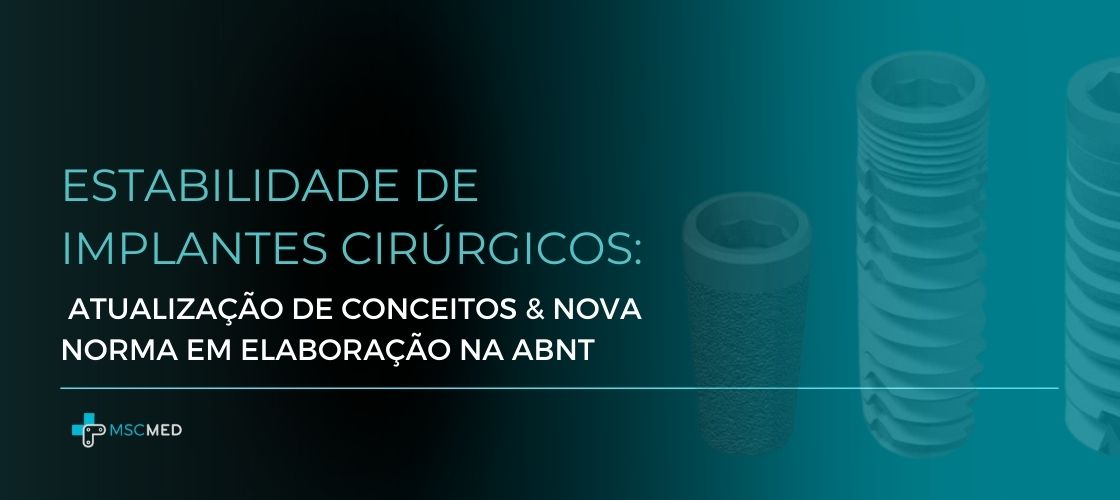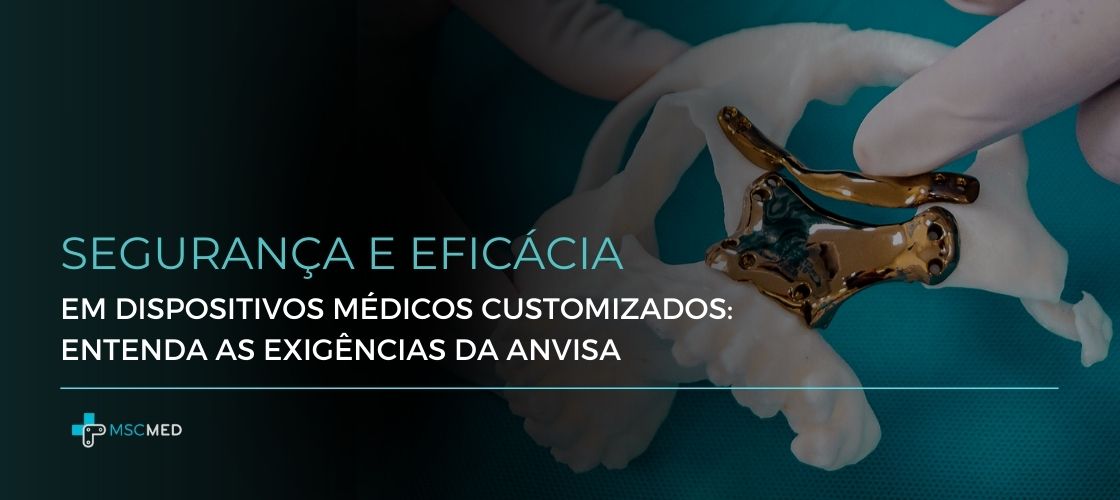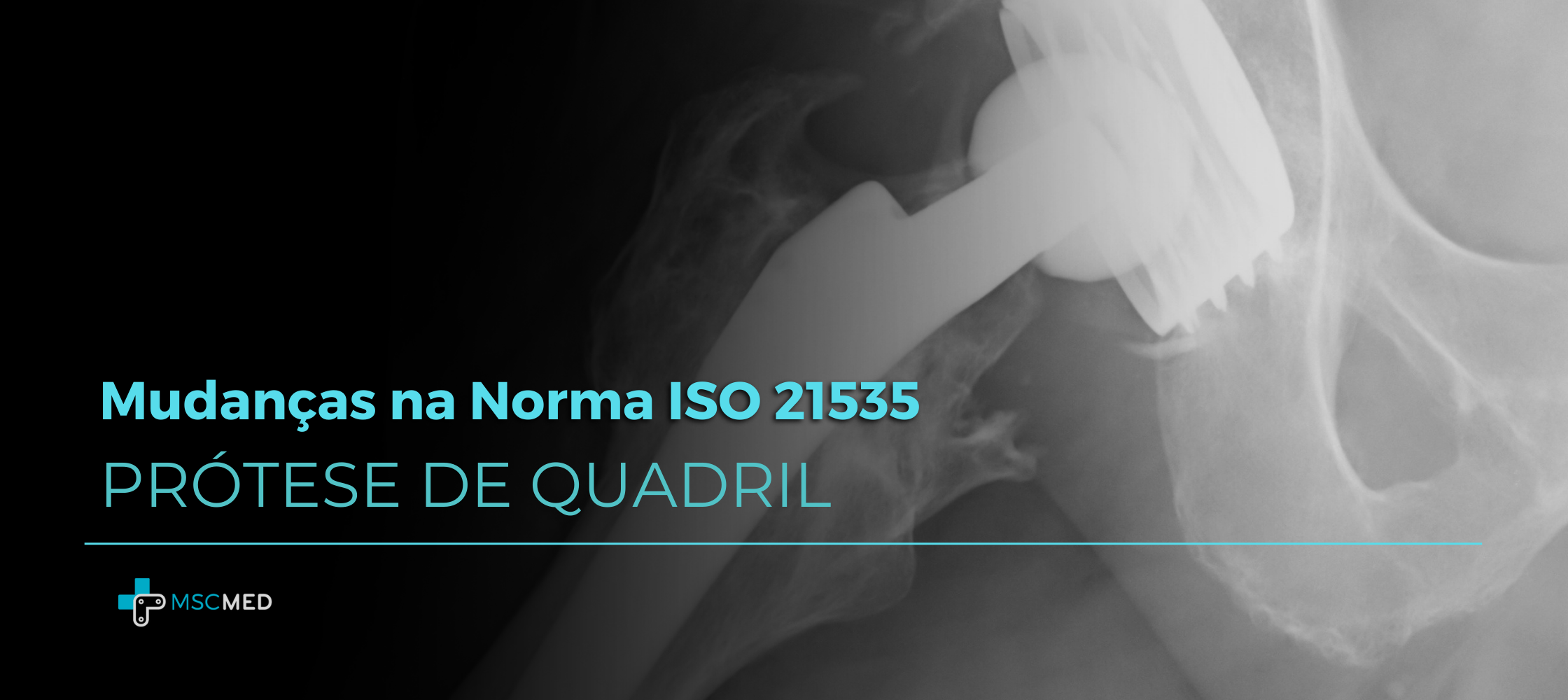“Estabilidade” é um assunto relevante para a comprovação de segurança e eficácia de dispositivos médicos. Quando falamos de aprovação de um produto pela Anvisa, é um assunto obrigatório de acordo com a RDC 751/2022 (Capítulo 3 do Dossiê Técnico), bem como na recém publicada RDC 848/2024. O mesmo vale para outros reguladores do mercado de dispositivos médicos ao redor do mundo.
However, concerns and concepts regarding proving the stability of medical devices, especially surgical implants (which are the subject of this post), are dynamic. New evidence and specificities are found over the years, and updating concepts is always relevant.
We can work on the concept of Stability in the following way. If the design of a surgical implant and its manufacturing processes are carried out properly, there is a high probability that the device will function as desired shortly after its manufacture.
However, there are many natural factors that can affect the device's ability to fully perform its intended function over time. The product's ability to continue performing its intended function safely and effectively throughout its shelf life, which includes its shelf life, is what we can relate to “Stability”.
It is important to note that maintaining the sterility of products sold sterile is a very important factor in proving Stability, but it is far from being the only one. The new revision of the ISO 14630 standard, applicable to any and all surgical implants, will establish the need to establish an expiration date for any and all implants, regardless of whether they are sold sterile or non-sterile.
To define the designed storage conditions and carry out appropriate risk management, it is necessary to consider all the factors that could lead to changes in the product in relation to its state immediately after its manufacture, and thus affect its safety and performance.
These factors can be chemical (degradation of components or packaging), physical (change in appearance, viscosity, mechanical resistance), microbiological, clinical, related to biocompatibility and even extrinsic, such as the temperature and humidity that the product is exposed to. your packaging will be submitted. In the case of Brazil, which has a humid tropical climate zone, temperatures and humidity will be higher than in Europe and the USA, for example. There are still many factors, the factors mentioned are not an exhaustive list.
The manufacturer must develop a protocol for the stability study. The scope of products that are the subject of the study must be formalized. In this protocol, the manufacturer must define the projected storage conditions for the product.
Currently, the responsible ABNT committee is working on a new standard on the stability of surgical implants. The coordinator responsible for the commission, Heitor Korndorfer, who is the CEO of MSC MED, is available to clarify any doubts and is open to new input on the topic.
Get in touch to get involved in the project and count on MSC MED to assist with Stability studies.
Heitor: comercial@mscmed.com.br (e-mail)
ABNT CB-26: cb-026@abnt.org.br (e-mail)








